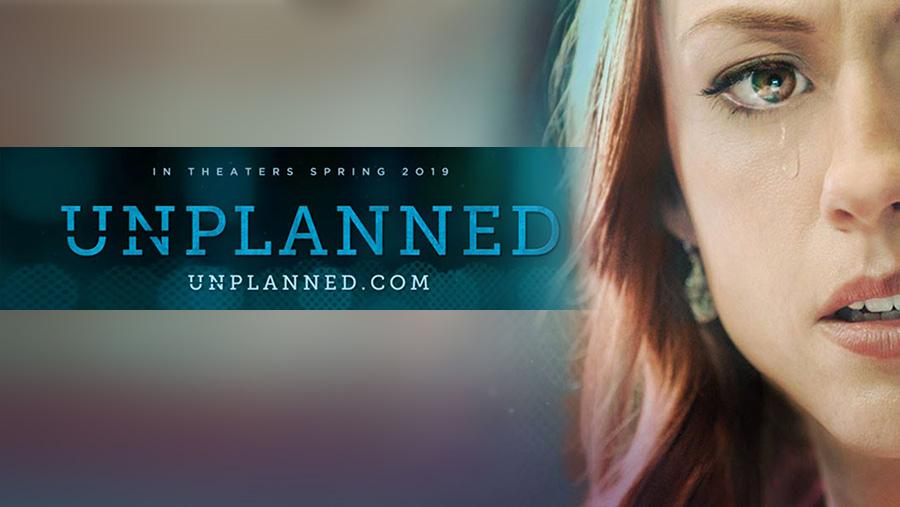Commentary
“What do we want? Choice! When do we want it? Now!” chanted a band of abortion rights activists at King’s University College in London, Ontario, earlier this month.

“What do we want? Choice! When do we want it? Now!” chanted a band of abortion rights activists at King’s University College in London, Ontario, earlier this month.